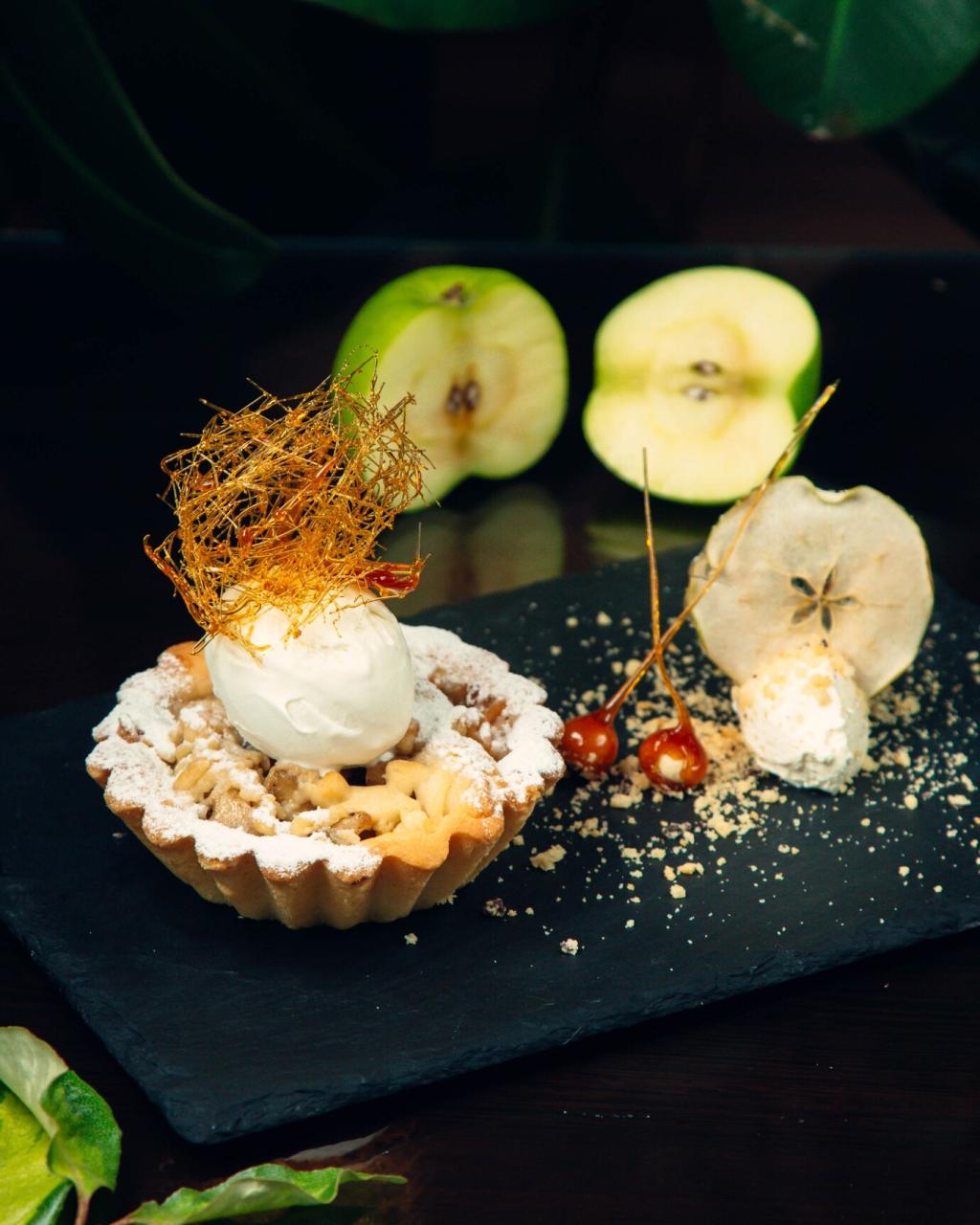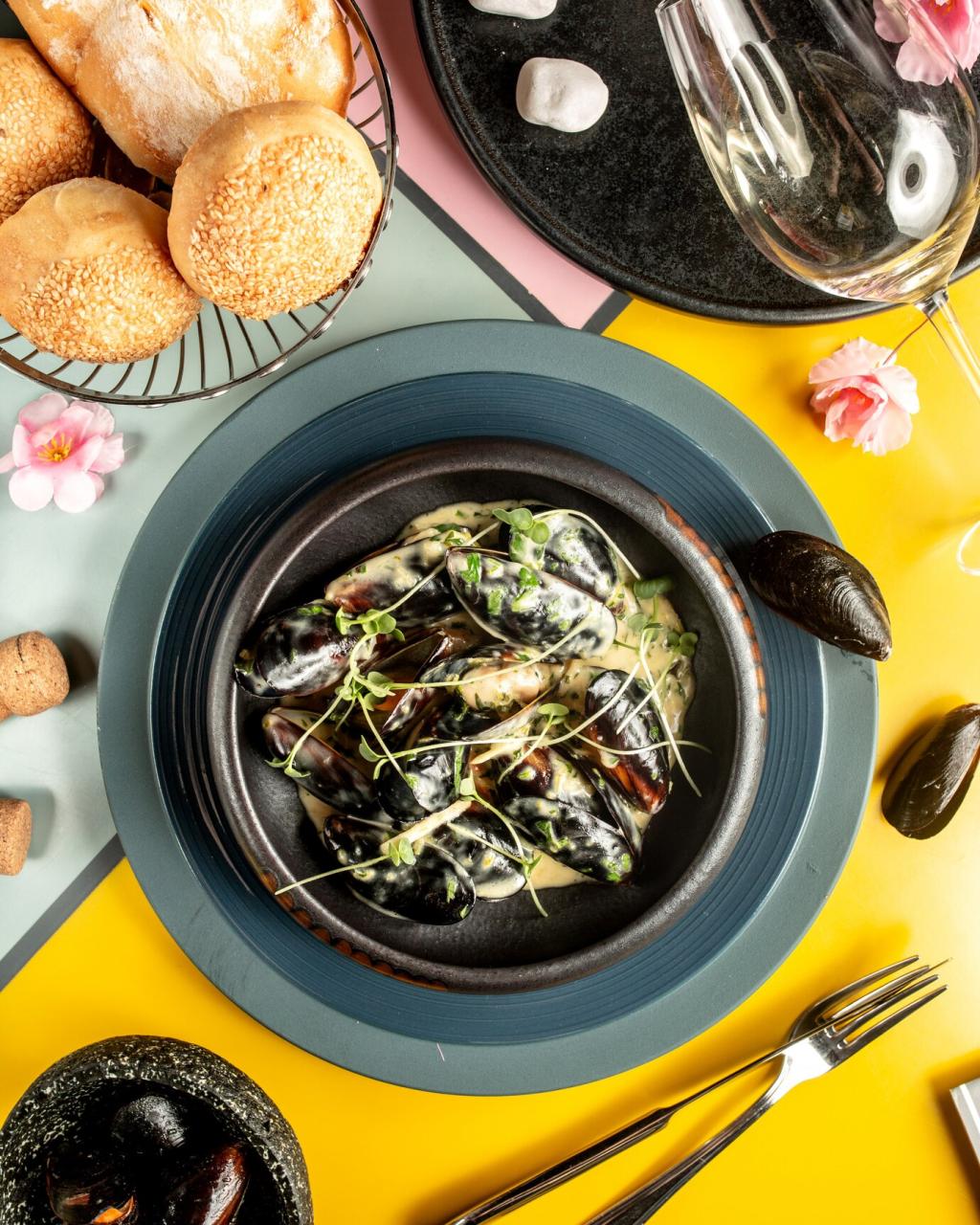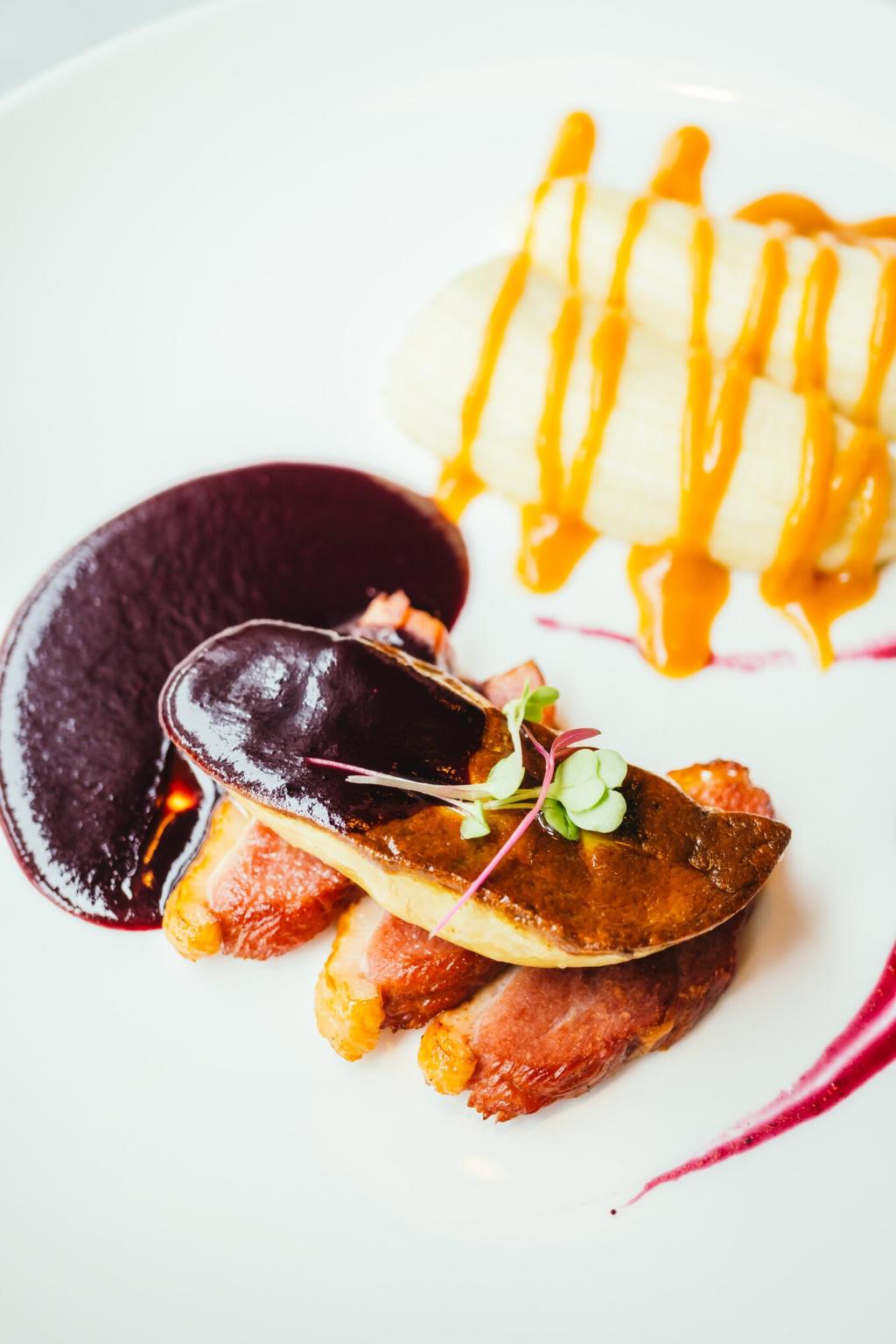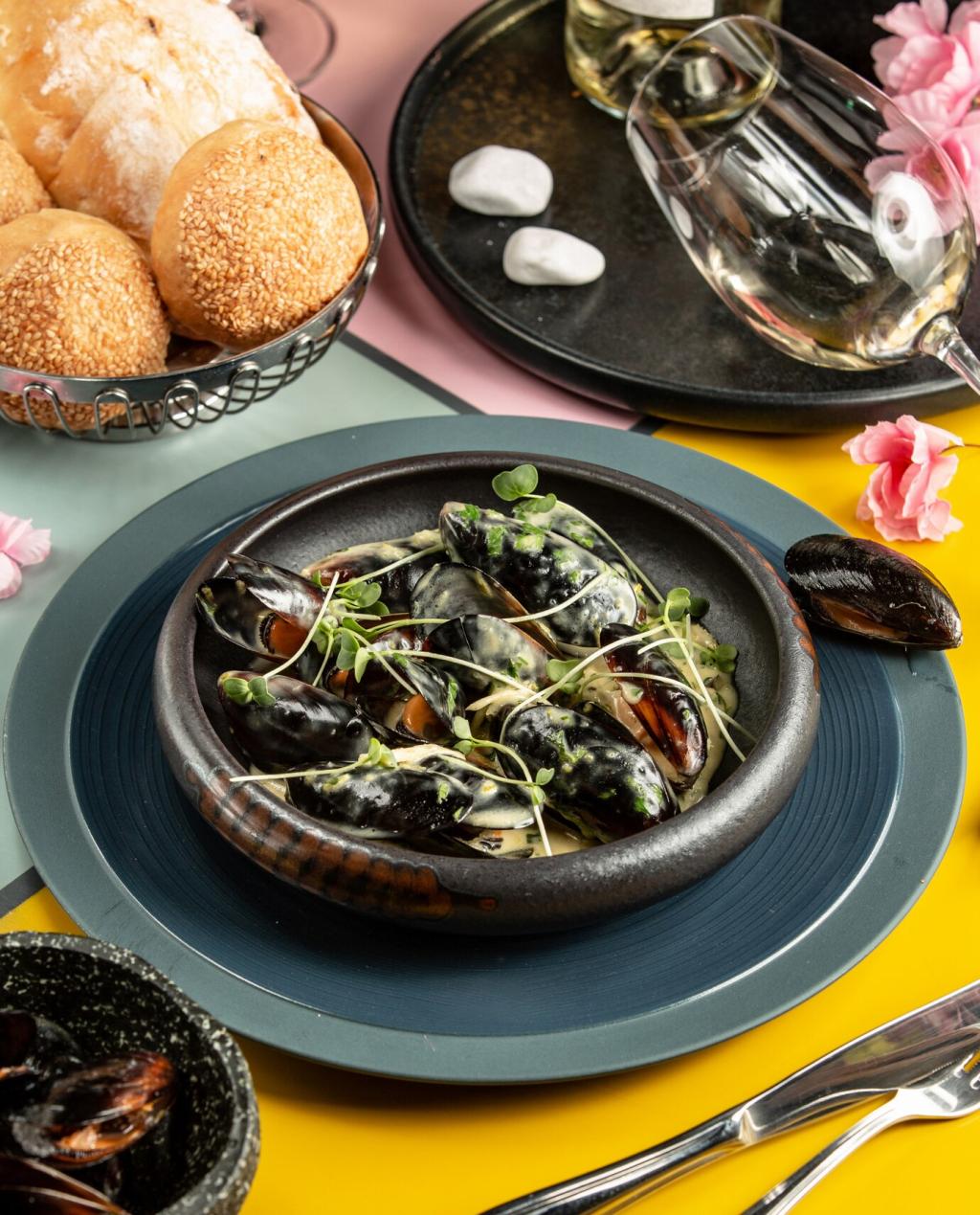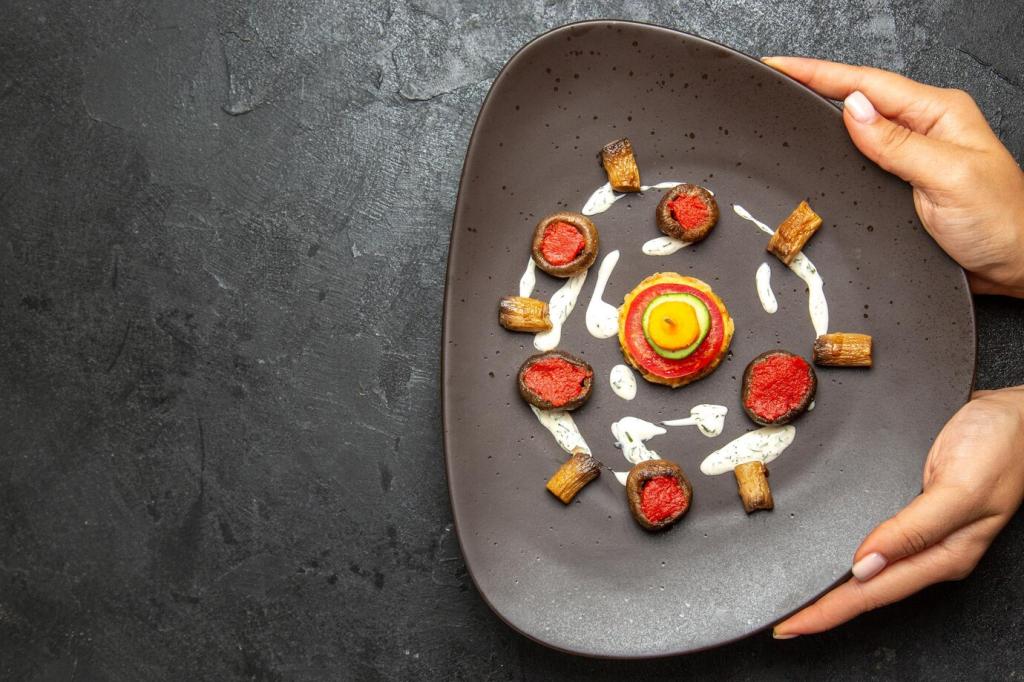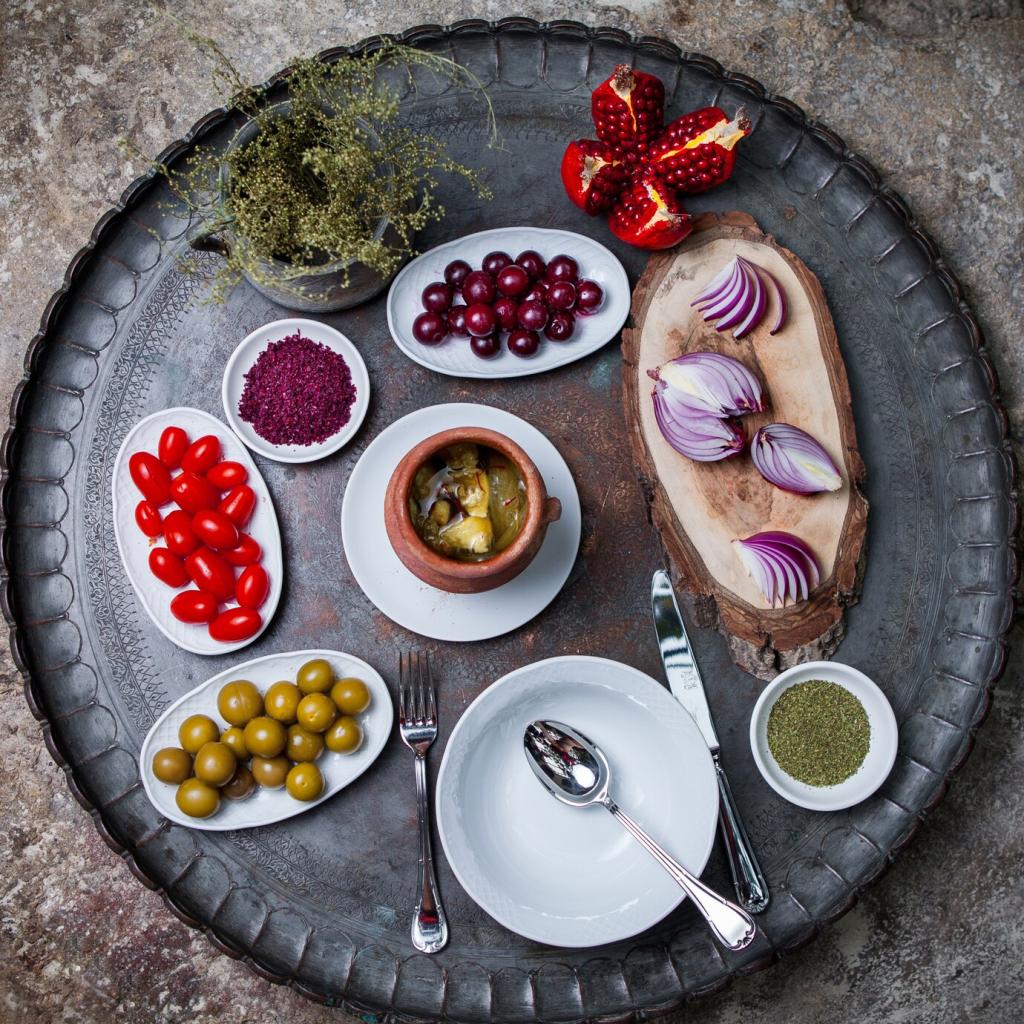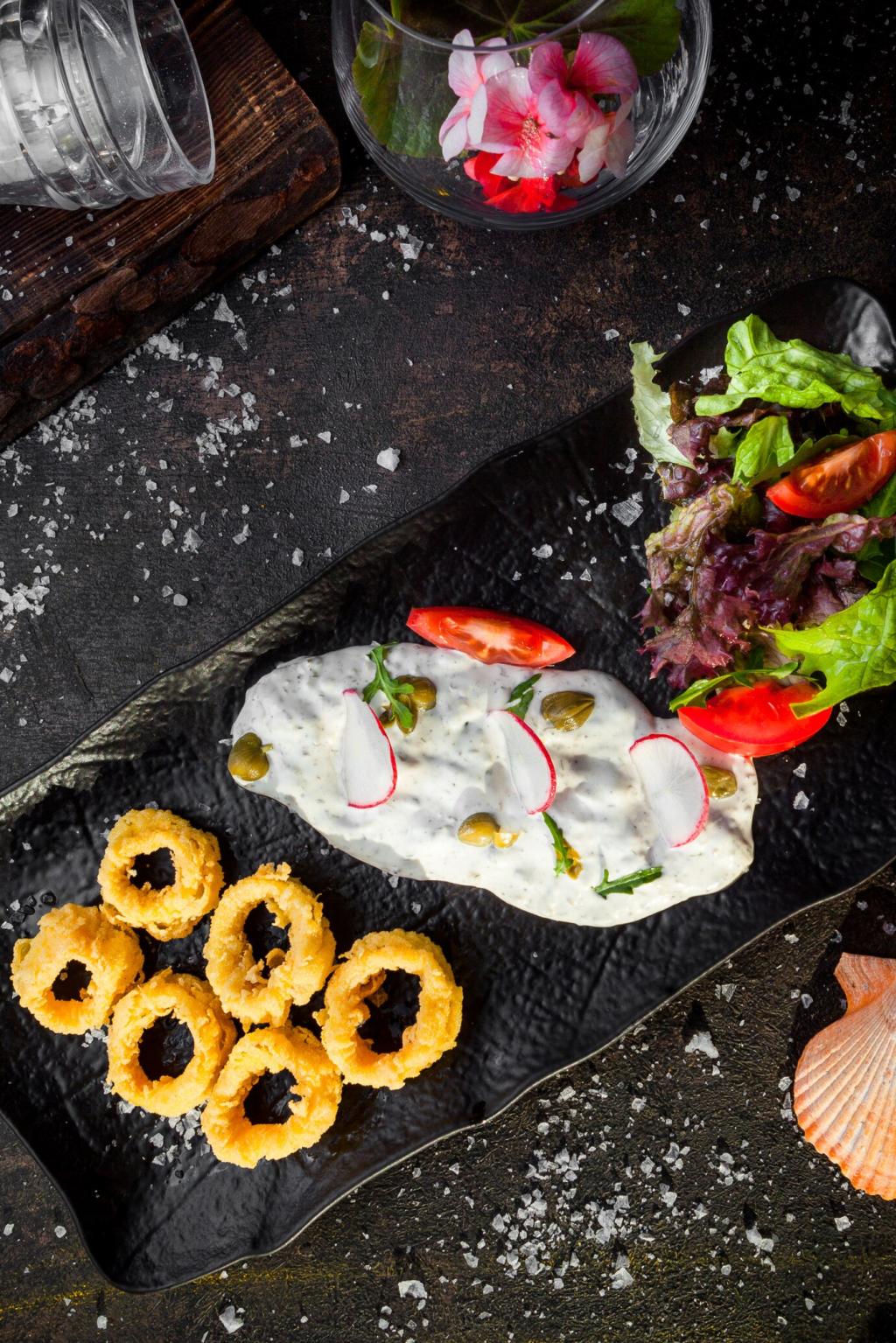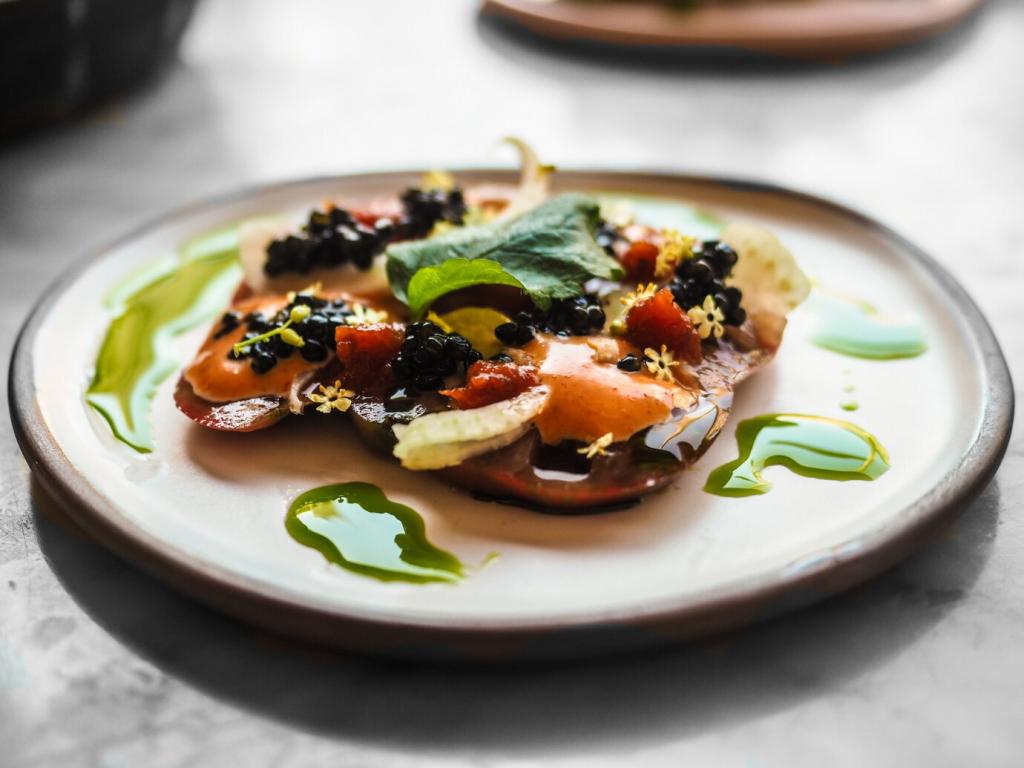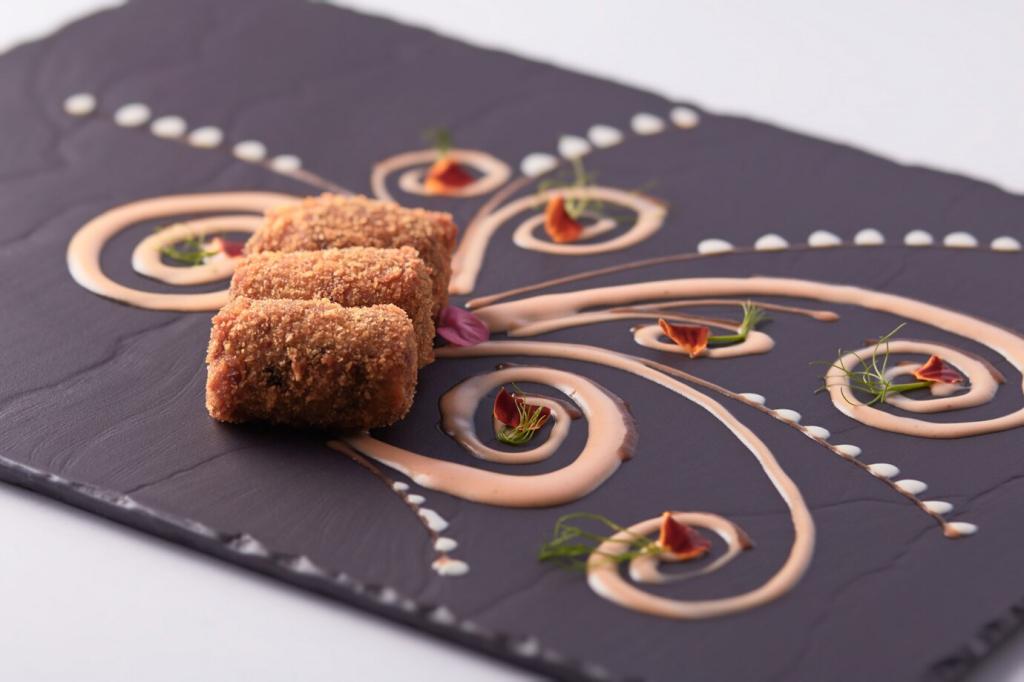Sense Memory: Flavor, Culture, and Identity
Spices travel. Authors map routes through cumin, tamarind, dill, and smoke. A grandmother’s bread becomes a border crossing in every bite. Share a passage where taste preserved a homeland or taught a new city how to welcome.
Sense Memory: Flavor, Culture, and Identity
Holiday dishes, weekly stews, and quiet breakfasts rehearse belonging. Rituals make plots predictable in the best way. What recurring meal in a book felt like a heartbeat, steadying characters when storms rattled their cupboards?

